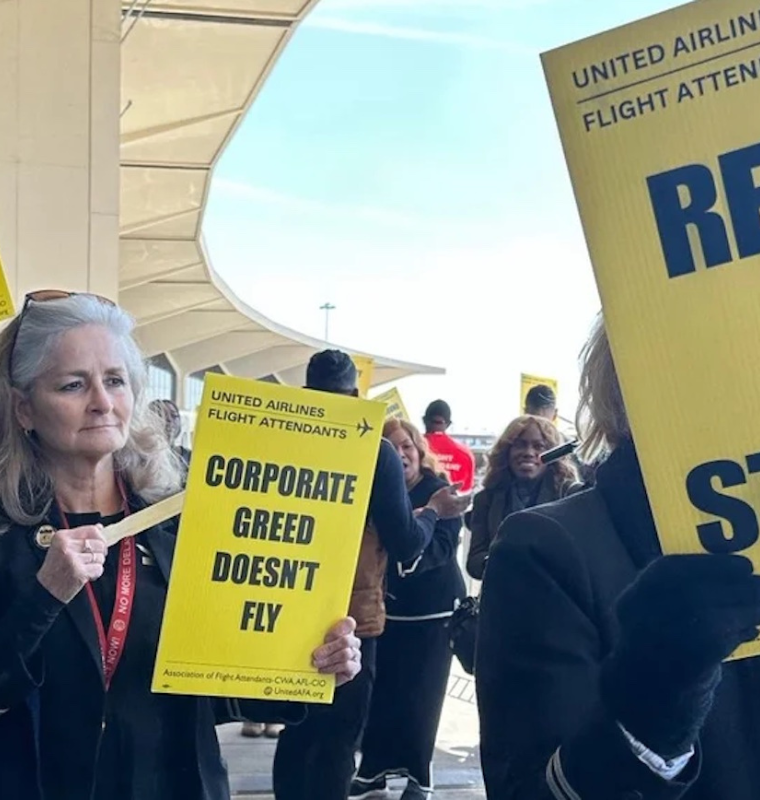Chinese Exporters' "All-Inclusive" Deals to U.S. Businesses Often Conceal Fraudulent Practices
Chinese Exporters' "All-Inclusive" Deals to U.S. Businesses Often Conceal Fraudulent Practices
By
David Goldfarb
Last updated:
May 20, 2025
First Published:
May 20, 2025

Source: LinkedIn
In the wake of escalating U.S.-China trade tensions, some Chinese exporters are offering seemingly attractive "delivered-duty-paid" (DDP) deals to American businesses. These arrangements promise to cover all import duties, allowing U.S. buyers to pay pre-tariff prices. However, beneath these offers lies a complex web of fraudulent activities, including under-invoicing, mislabeling, and the use of shell companies, which not only undermine fair trade but also expose U.S. importers to substantial legal liabilities.
The Mechanics of the Fraud
Chinese exporters, often collaborating with freight forwarders, are engaging in deceptive practices to minimize tariff obligations:
- Under-Invoicing: Deliberately declaring a lower value for goods to reduce the assessed duties.
- Mislabeling: Incorrectly classifying products to benefit from lower tariff rates.
- Shell Companies: Establishing transient entities to act as the "importer of record," which are responsible for customs declarations and duty payments.
These shell companies often vanish after a single transaction, leaving U.S. Customs and Border Protection (CBP) unable to collect owed duties. The cycle then repeats with new entities, perpetuating the fraud.
Legal Implications for U.S. Importers
American businesses, whether knowingly or unknowingly participating in these schemes, face significant legal risks:
- Civil and Criminal Liabilities: Under the False Claims Act (FCA), companies can be held liable for "knowing" underpayment of customs duties, facing penalties up to three times the underpaid amount, plus fines of up to $28,619 per false claim.
- Customs Seizures: CBP has the authority to seize and forfeit goods involved in fraudulent importation practices.
- Reputational Damage: Involvement in such schemes can tarnish a company's reputation, affecting relationships with customers, partners, and regulators.
Legal experts emphasize that ignorance is not a defense; companies are expected to exercise "reasonable care" in their import activities.
Impact on the U.S. Market
The proliferation of these fraudulent practices distorts the U.S. market:
- Unfair Competition: Companies engaging in tariff evasion can offer lower prices, putting compliant businesses at a disadvantage.
- Revenue Loss: The U.S. government loses substantial revenue due to unpaid duties, which could otherwise fund public services.
- Consumer Confusion: Instances have been reported where consumers receive unexpected tariff bills from carriers like UPS and DHL, leading to dissatisfaction and mistrust.
Enforcement and Government Response
The U.S. government is intensifying efforts to combat tariff evasion:
- Increased Scrutiny: CBP is enhancing its targeting systems to identify high-risk shipments for inspection.
- Legal Actions: The Department of Justice (DOJ) is actively pursuing cases against entities involved in customs fraud, including recent prosecutions for transshipment and misclassification schemes.
- Policy Revisions: Adjustments to tariff policies, such as the reduction of the "de minimis" threshold, aim to close loopholes exploited by fraudulent actors.
Recommendations for U.S. Importers
To mitigate risks, U.S. businesses should:
- Conduct Due Diligence: Thoroughly vet suppliers and logistics partners to ensure compliance with trade laws.
- Review Documentation: Request and examine customs declarations and shipping documents for accuracy.
- Consult Legal Experts: Engage trade compliance professionals to navigate complex import regulations.
- Implement Compliance Programs: Establish internal controls and training to promote adherence to customs laws.
While the allure of cost savings through DDP deals with Chinese exporters may be tempting, U.S. businesses must be vigilant against fraudulent practices that can lead to severe legal and financial consequences. By understanding the risks and implementing robust compliance measures, importers can protect themselves and contribute to fair and lawful international trade.
Popular articles
Subscribe to unlock premium content
Fashion Waste and Sustainability in Fast Fashion Are Forcing a Global Industry Reboot

The Rise and Fall of Argentina’s Economy Reflects a Cycle of Promise and Crisis

Vietnam’s Manufacturing Boom Is No Accident and It’s Just Getting Started

Fashion Waste and Sustainability in Fast Fashion Are Forcing a Global Industry Reboot

The Rise and Fall of Argentina’s Economy Reflects a Cycle of Promise and Crisis

Fashion Waste and Sustainability in Fast Fashion Are Forcing a Global Industry Reboot









